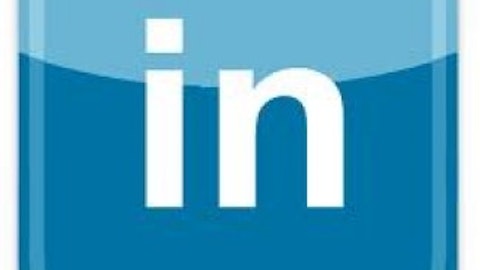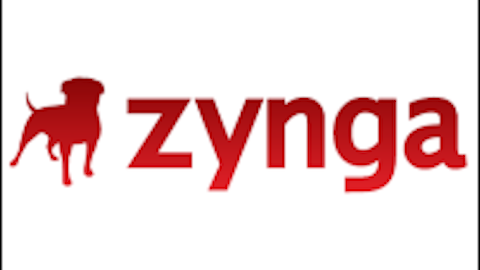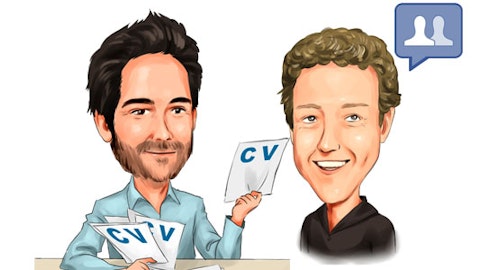Three of the most highly anticipated Internet IPOs of the last couple of years have been Facebook Inc (NASDAQ:FB), LinkedIn Corp (NYSE:LNKD) and Groupon Inc (NASDAQ:GRPN). All three of these companies came public at lofty valuations and were viewed as tech darlings at the cutting edge of the social revolution. The three companies, however, have had very different track records since hitting the public markets.
Although Facebook Inc (NASDAQ:FB) is by far the largest, its performance has been dwarfed by that of LinkedIn Corp (NYSE:LNKD). In turn, Facebook’s performance has far surpassed that of Groupon Inc (NASDAQ:GRPN), despite the fact that FB has taken a substantial haircut from its IPO price.
Splashy Market Debuts Don’t Guarantee Investor Profits
The first of these three next-generation companies to go public was LinkedIn, which began trading on the NYSE in May 2011. Next up was Groupon, which completed its IPO in November 2011. Facebook Inc (NASDAQ:FB) finally made its debut as a public company in May 2012, as the company completed the largest and most anticipated technology offering since Google’s 2004 IPO.
Both Facebook and Groupon have been major disappointments, with the latter company doing a complete belly flop during its time listed on the Nasdaq. The daily deals site completed its offering at $20 per share, which valued the company at nearly $13 billion. Today, Groupon Inc (NASDAQ:GRPN) shares trade at around $8, representing a 60% discount from their IPO price.
Facebook’s stock has fallen roughly 37% from its $38 initial public offering price to $24. Nevertheless, Mark Zuckerberg’s company still has a healthy $58 billion market cap. Whereas Facebook Inc (NASDAQ:FB) and Groupon Inc (NASDAQ:GRPN) have been notable disappointments, LinkedIn has been an IPO rocket ship since its debut. In a little more than two years, the stock has surged more than 280% from its $45 offering price.
A Look at Valuation
Although the history of these three companies is interesting and provides important investment context, it offers little in the way of predictive power about the future trajectory of the stocks. Instead, it is necessary to examine current valuations to see if any of these names are compelling at current levels.
On a forward earnings basis, the most expensive is LinkedIn Corp (NYSE:LNKD). The shares trade at around 82 times next year’s earnings estimates compared to roughly 31 times for Facebook and a little more than 27 times for Groupon. Between fiscal 2011 and fiscal 2012, LinkedIn grew revenue by around 86%, compared to 37% for Facebook Inc (NASDAQ:FB) and 45% for Groupon Inc (NASDAQ:GRPN).
Whereas Groupon has never reported an annual profit, Facebook has been profitable for the last four years and LinkedIn Corp (NYSE:LNKD) for the last three. What is more important, however, is the forward looking outlook and analysts anticipate all three companies will be profitable in fiscal 2013 and 2014.
A Bright Operating Horizon?
For the current year, LinkedIn Corp (NYSE:LNKD)’s earnings per share are expected to rise 64% followed by a better than 44% estimated sequential increase in fiscal 2014. Combine this with anticipated sales growth of more than 54% in fiscal 2013 and 41% in fiscal 2014 and it is not hard to see why the stock commands such a rich valuation.
Facebook Inc (NASDAQ:FB)’s earnings per share are expected to rise only around 7.50% in fiscal 2013 followed by an estimated increase in EPS of roughly 37% in fiscal 2014. Analysts are estimating that revenue will climb approximately 32% this year followed by a gain of 26.50% in fiscal 2014. Overall, these are solid, if not spectacular, metrics.
Groupon is expected to report an increase in adjusted EPS of almost 31% in fiscal 2013 followed by an estimated increase of more than 70% in fiscal 2014. Certainly these are impressive earnings estimates, but there are a couple of caveats in relation to Groupon Inc (NASDAQ:GRPN).
First, despite the anticipated sharp percentage gain in adjusted EPS, analysts are only estimating earnings of $0.29 per share in 2014. The second potential problem is that revenue growth is expected to fall off a cliff. Sales are only expected to be up 9.10% this year followed by a 11.10% gain in fiscal 2014.






